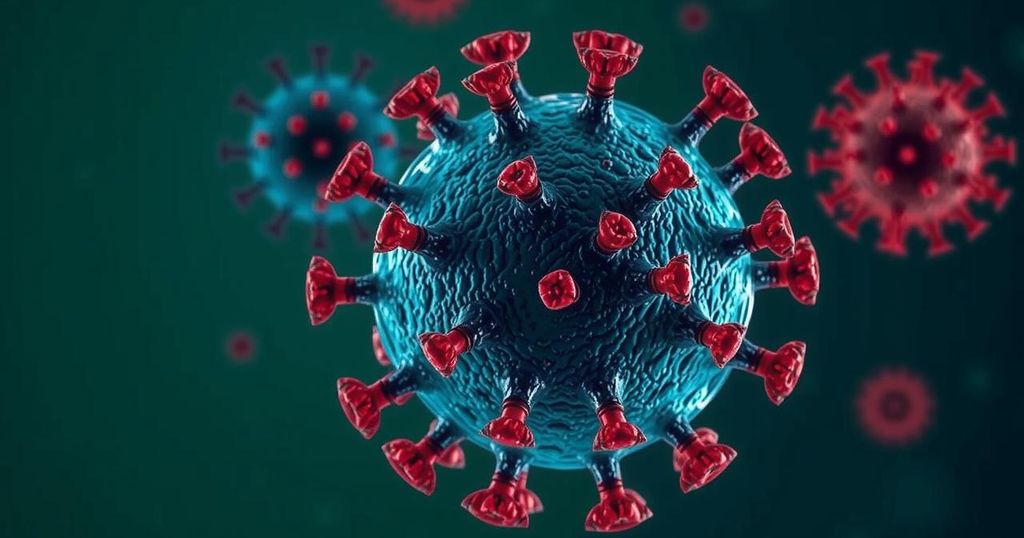Ghana Faces Challenges in Combatting Viral Hepatitis, Warns WHO
Ghana is currently falling behind in the battle against viral hepatitis, according to the WHO. Key targets for 2030 include testing 90% of affected individuals and treating 65%. A lack of vaccination policy for newborns and insufficient funding remain formidable challenges. Experts call for proactive strategies to ensure Ghana meets its elimination goals.
The World Health Organization (WHO) has reported that Ghana is currently off track in its efforts to combat viral hepatitis. Dr. Kafui Senya, the Technical Lead for Hepatitis at the WHO country office, raised concerns that Ghana may not achieve the target for eliminating viral hepatitis by 2030. He highlighted the crucial need for at least 90% of individuals affected by the disease to be tested and informed of their condition, alongside a treatment rate of 65%. While hepatitis C can be cured, hepatitis B remains incurable but can be managed with antiviral medications to suppress the virus and reduce the risk of liver cancer. Dr. Senya emphasized the necessity of implementing a vaccination program for newborns against hepatitis B, noting the absence of such a policy in Ghana. He stated, “Currently, Ghana is not providing that vaccine. If every baby born receives the vaccine, they are unlikely to get infected with hepatitis B. Over time, we would have no new cases of hepatitis B infection among children.” The Hepatitis Foundation of Ghana’s President, Theobald Owusu-Ansah, echoed these sentiments, criticizing the country’s reactive approach to managing hepatitis, which has resulted in many waiting until they are diagnosed to receive costly treatments. He advocated for proactive measures, such as vaccinations to prevent disease transmission from mothers to children and insisted that hepatitis treatment should be included in the National Health Insurance Scheme (NHIS) to improve accessibility.
Viral hepatitis is a significant public health challenge worldwide, with hepatitis B and C particularly causing major health issues due to their potential to lead to chronic liver diseases and cancers. According to WHO statistics, tackling hepatitis and meeting global elimination targets requires early diagnosis, effective treatment, and preventive measures, including vaccination, especially for at-risk populations such as newborns. Ghana has made commitments toward the elimination of viral hepatitis by 2030, yet recent assessments reveal significant gaps in testing, treatment access, and vaccination coverage, threatening the country’s ability to meet these benchmarks.
In conclusion, Ghana is in urgent need of strategic interventions to address the rising challenge of viral hepatitis. The lack of testing, treatment accessibility, and particularly the absence of newborn vaccination against hepatitis B are critical barriers to achieving the 2030 elimination goals. Stakeholders and health authorities must urgently prioritize and fund comprehensive hepatitis programs, including preventive measures and the incorporation of hepatitis treatment into the national healthcare framework to secure better health outcomes for the populace.
Original Source: www.ghanaweb.com




Post Comment